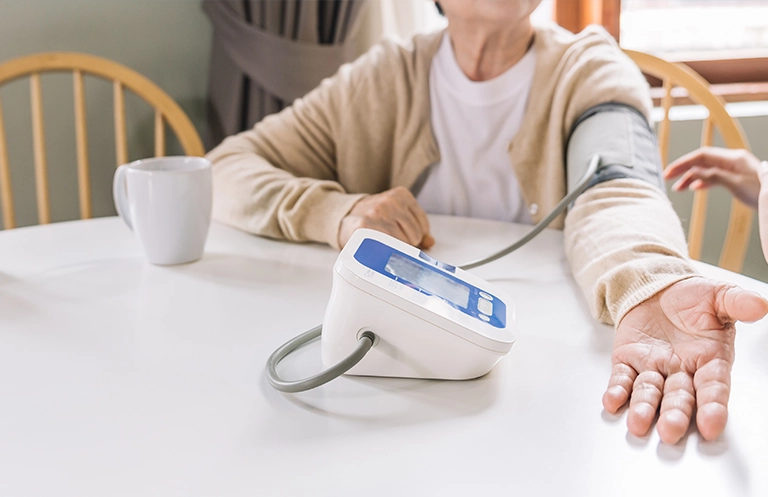This is the 1st blog in RPA in Healthcare Series, in this blog, we will see How RPA is Changing the Healthcare Industry and in our 2nd blog, we will see the use cases and benefits of RPA in Healthcare.
From enhancing patient experience to improving healthcare processes, RPA is driving the healthcare system toward a brighter future. RPA means that patients receive better care as all staff is freed from more administrative work.
With Robotic Process Automation, it has now become possible to streamline the healthcare system. And this has enhanced the efficiency and quality of services provided in the healthcare industry. Besides, as a healthcare administrator, automating healthcare systems offers real-time data to support decision-making.
How Is RPA Changing the Healthcare Industry
1. Enhancing patient satisfaction
Many factors influence the satisfaction of patients in a healthcare system. A sound healthcare system makes it easy for patients to book appointments and complete the check-in process faster. With an automated healthcare process, patients can schedule their appointment anytime they want through their devices which leaves them more content. RPA improves efficiency, saves time, eliminates risks of human error, and allows staff to focus more on patient-centered activities, which enhances patient satisfaction.
2. Improving Healthcare Cycles
Healthcare institutions collect a lot of data from patients, which is stored in databases. Extracting, analyzing, and optimizing such data effectively is not easy. By implementing RPA services, bots can collect and keep track of all patients’ data. Additionally automation in medical records makes it easy for doctors because they don’t have to track patient data manually as bots can do it faster. That allows doctors more time to attend to and improve human assistance to patients.
RPA also boosts patient data analytics, making continuous health record monitoring possible. The automation of medical records allows doctors to access analyzed comprehensive patient data which increases the likelihood of a more accurate diagnosis and a better-tailored treatment strategy
3. Cutting human-labor costs
Initially, healthcare service providers employed many people to undertake repetitive manual tasks. That made the administrative cost go high. However, many repetitive tasks have been automated today, reducing human labor and subsequently cost. Apart from reduced cost, the speed of repetitive tasks has increased and tasks simplified in the healthcare industry due to the implementation of RPA. The efficiency of robotics process automation saves healthcare professionals time to produce higher-value work like fine-grained patient attendance instead of tedious data entry.
4. Enhancing Precision and Speedy Medical Diagnosis
Time is of the essence in healthcare. If a medical problem is not diagnosed quickly, it can become fatal. But with RPA, it’s easy to get a patient’s appointment request, medical history, current diagnosis, and personal preferences, which helps a doctor make a speedy diagnosis.
Without using technology, the chances of making mistakes in diagnosing illness higher, making it necessary for hospitals to implement RPA to minimize errors. If the patient has been receiving treatment, monitoring and detecting any deviation from prescribed health plans is easier. In return, that helps health practitioners take care of a patient’s health condition in real-time.
Conclusion
Technology is improving healthcare which saves time, effort, and money. With RPA, the healthcare providers can focus on patient outcomes, which increases the quality-of-care services and patient satisfaction. In addition, automating hospital processes has enhanced data collection and analysis, which supports evidence-based data in a healthcare organization.
eInfochips helps enterprises adopt a long-term process automation strategy that aims to implement intelligent automation solutions that combine both RPA and AI capabilities. eInfochips provides RPA consulting, Proof of Concept, RPA tool migration, and RPA services. eInfochips possesses extreme knowledge and expertise across various industries and use-cases like incident management, customer service, and predictive maintenance to provide maximum value to a customer in their automation journey. We take traditional RPA a step further with Cognitive RPA by enabling organizations to automate processes that include unstructured data sources.













